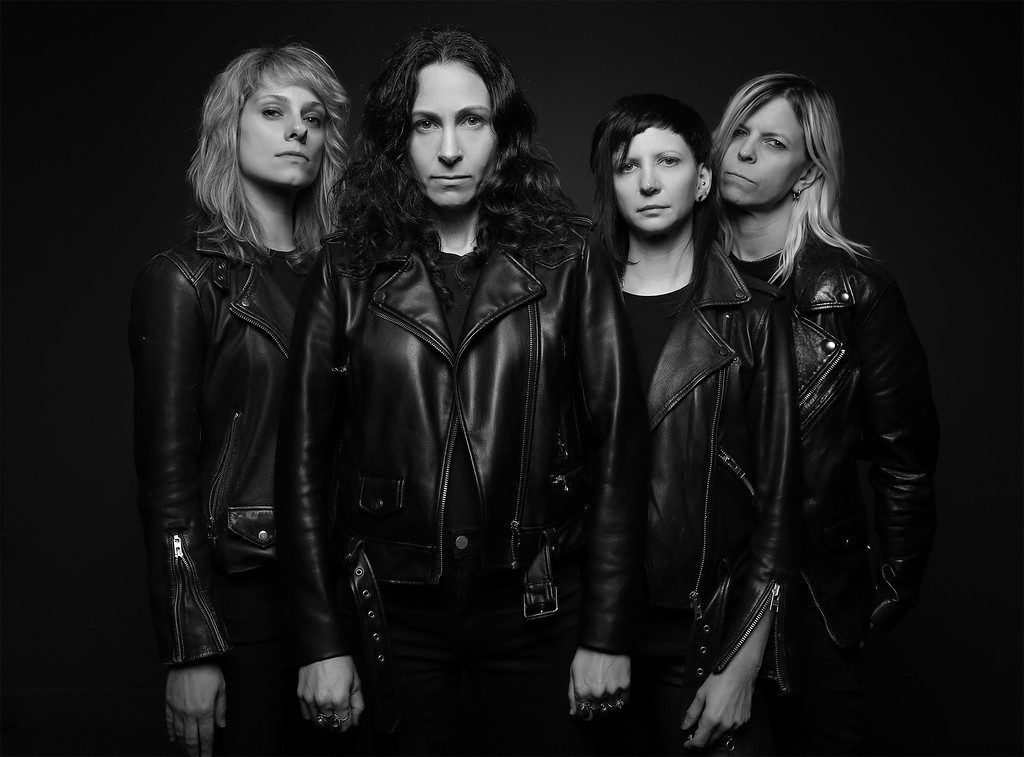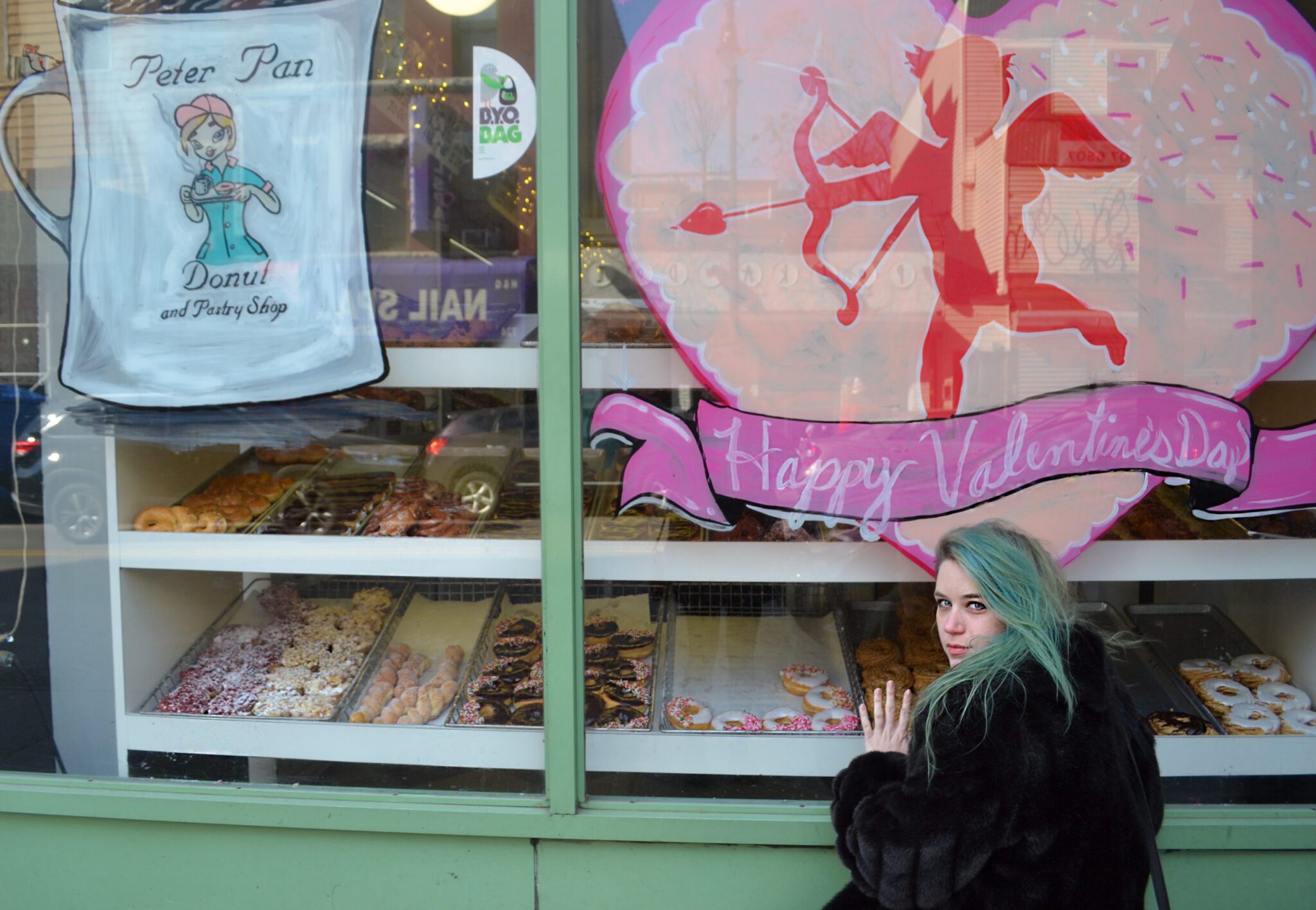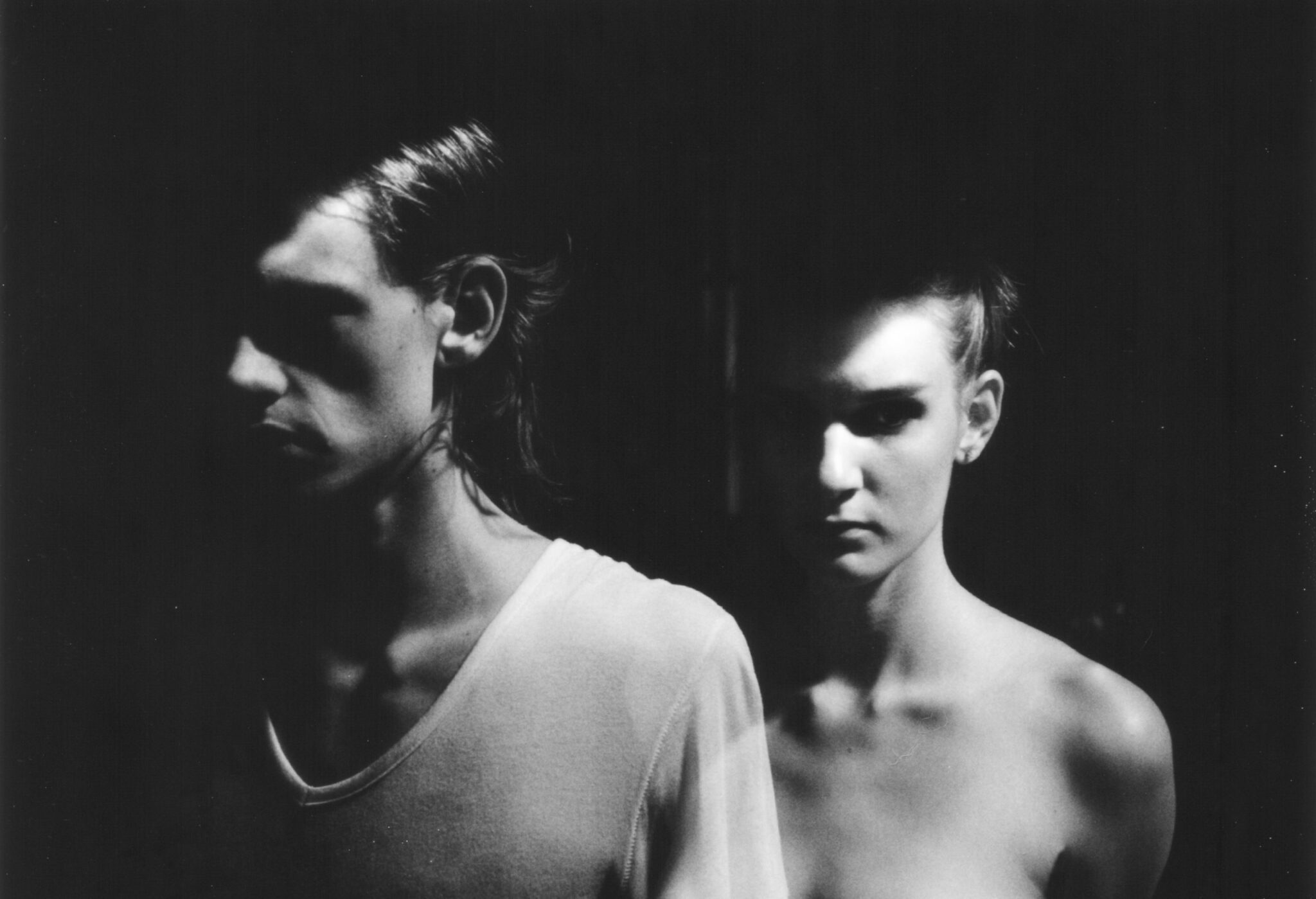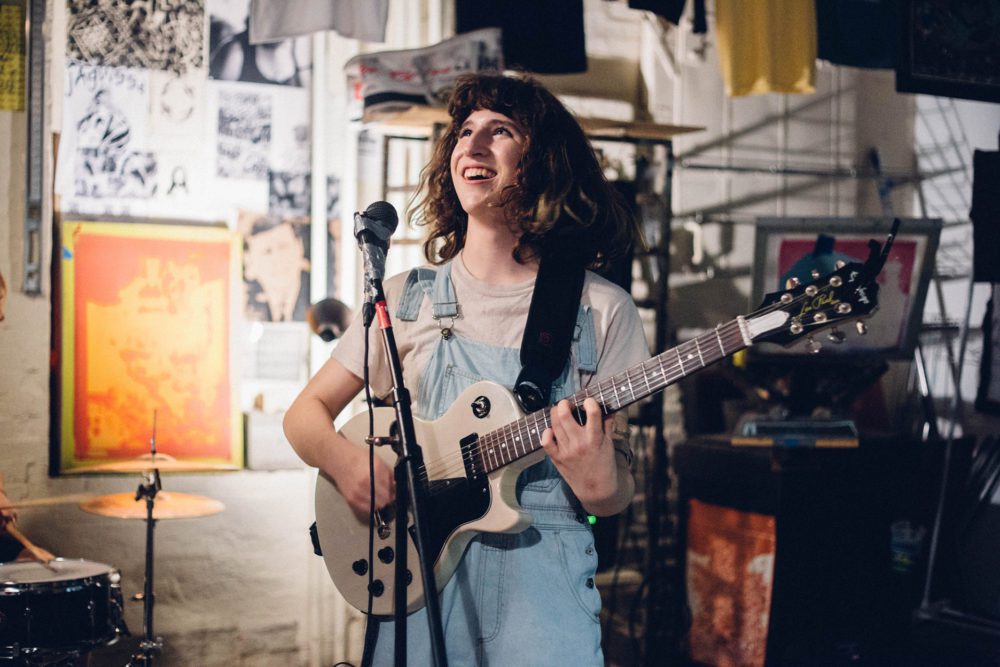

Three summers ago, a friend of mine (Deer Scout) opened for Francie Medosch’s band Florry on a short tour through New England. For some reason, they let me tag along. There’s no weirder way to discover a band than to jump in a minivan with them for a week, but that’s how I learned firsthand how wildly talented and dedicated Francie Medosch is. On that first night of tour at a mostly empty pizza parlor in suburban Connecticut, Francie blew me away with the expansive universes contained within her songs (just listen to “Kanagawa” and you’ll get what I mean).
Evidently, I’m not the only one who noticed Francie’s unique sound and perspective – the following year, Florry released the record Brown Bunny on Sister Polygon Records, the label run by Priests. Brown Bunny is dark and detailed – the kind of record you can listen to over and over, yet always find a new twist on a guitar riff or lyric. On her impressive debut, Medosch meddled through the messy work of growing up; but now, on her new EP Oh You Vacation Time, she reaps the benefits of that personal growth. On this EP, Florry trades in the guitar solos and distortion pedals from Brown Bunny for a more stripped-down, folky sound, where her vocals and acoustic guitar take center stage.
On “Oh You Vacation Time,” Florry is in motion: she’s driving through Hudson, she’s walking by the library, she’s climbing to the highest peak of a mountain. It’s fitting, given that this is a record about moving through personal challenges into a more calm, introspective space. Medosch’s writing is direct and confident in its simplicity: “I want to feel completely complete […] I want you to know me/and I want it to kill me,” she sings on “Yeah Yeah.” As usual, Francie isn’t afraid to get vulnerable in her songwriting (“Without bodies, we’re so happy” she sings after a harmonica interlude on “When Do I”), yet on this record, she seems more hopeful than ever.
Read Francie’s take on her new EP, influences, and songwriting in the interview below.
AF: In the Bandcamp “liner notes,” you write that you’re approaching these songs from a more positive space. How was this songwriting experience different for you?
FM: Being in a positive space just makes the writing and recording process exceptionally easier. Obviously, that is something I’ve always understood, but never really put enough effort into until the past couple years or so. It’s great though, when you’re able to create art that reminds you of a good or funny feeling – it makes revisiting and revising come much more naturally. Ultimately, I just feel that I enjoy these songs more, which I figure will mean other people will as well.
AF: You also say that even though these songs are coming from a more positive space, they might still sound sad. I feel like this comes through on songs like “When Do I,” where you talk about hating/having hated your body, yet finding places and people that help you not feel that way, which is a very happy thing! I feel like the songs “sounding sad” is honest, because when we talk about growing from trauma, we’re still talking about trauma, if that makes sense?
FM: I wouldn’t say that those lines had anything to do with trauma. It’s more of a general discomfort that every now and then comes over me, but that’s just something everyone ends up feeling here and there. I think that’s why I decided to use that example of anxiety; it’s a common, vulnerable feeling everyone has felt at some point, and it can be stirred to focus so sporadically and suddenly. Like something out of a Victorian gothic, where the protagonist looks out a window, sees something totally inconsequential like a pack of deer running or a leaf blowing in the wind, spontaneously becomes overwhelmed, and one single tear falls from their eye.
AF: Do you think that personal growth is linked with musical growth?
FM: Possibly, but only in the sense that growth can make you go about writing and playing music in a more prudent manner, which can sometimes mean discovering better ways to write or perform and so on.
AF: This EP is a bit more folksy than Brown Bunny – what’s it like for you to be able to explore different genres?
FM: It’s something that I do naturally – I never think about it. Whatever I can use to emphasize an inflection in my voice, I will use. My singing almost always dictates the song. Over the years though I think my singing voice (and even my normal talking voice to some extent) has ended up taking on a funny rural twang with some bluesy affect. Someone once said I sounded like a drunken Lucinda Williams when I sing, which probably is the best descriptor I can think of.
AF: Your music always has a really wide range of influences – what was on your mind this time around?
FM: “Stick It” was written last month after I learned how to play in Elizabeth Cotten’s “Cotten picking” style, which I used to guide how the song flowed. I had also been recently revisiting my favorite scores of musicals from the classical Hollywood film era and I think that certainly impacted the music. I’m a big Debbie Reynolds fan and have found a lot of my favorite songs from her movies, especially “A Lady Loves” from I Love Melvin, which I thought was a superb Yo La Tengo song from an alternate universe the first time I heard it (not sure if James from Yo La Tengo could detect that when I told him though, ha), and her version (the unused one) of “Would You?” from Singin’ in the Rain. She was never the best at singing, but that’s what endears me to her, y’know. Like David Berman.
“When Do I” was originally a poem I wrote last summer while finishing up recordings on an upcoming Florry record. I had been staying around the Hudson River Valley with my family and that environment always has a profound effect on me like nowhere else. I think at the time I was listening to Big Star, The Village Green Preservation Society by the Kinks, and also going back to a lot of my favorite country, blues, and folk music. Stuff like the Louvin Brothers, Mississippi John Hurt, the Kossoy Sisters, the Carter Family, Gillian Welch, John Fahey, Elmore James, GP, and more.
AF: What are you most excited about sharing with people from this EP?
FM: I’m very proud of these songs. Since Brown Bunny came out, I’ve been gradually starting to see Florry as an excuse to write the most satisfying sounding songs possible, which I think probably suits me well.
AF: Is the EP title a reference to our current predicament (being stuck at home while the world around us is crumbling !?!?) or was this project in the works beforehand?
FM: “Oh You Vacation Time” comes from a photo stand-in I once saw when my Nana took me and my sisters out one day when we were much younger. It was a classic two-girls-in-old-timey-one-piece-bathing-suits one with that phrase painted on it. We have a picture of Nana and my sister Lily posing in it. I really liked the sound of the phrase, so it wasn’t necessarily intentional to have it be a reference, but I definitely recognize that what’s going on in the world today gave it a charmingly queer name.
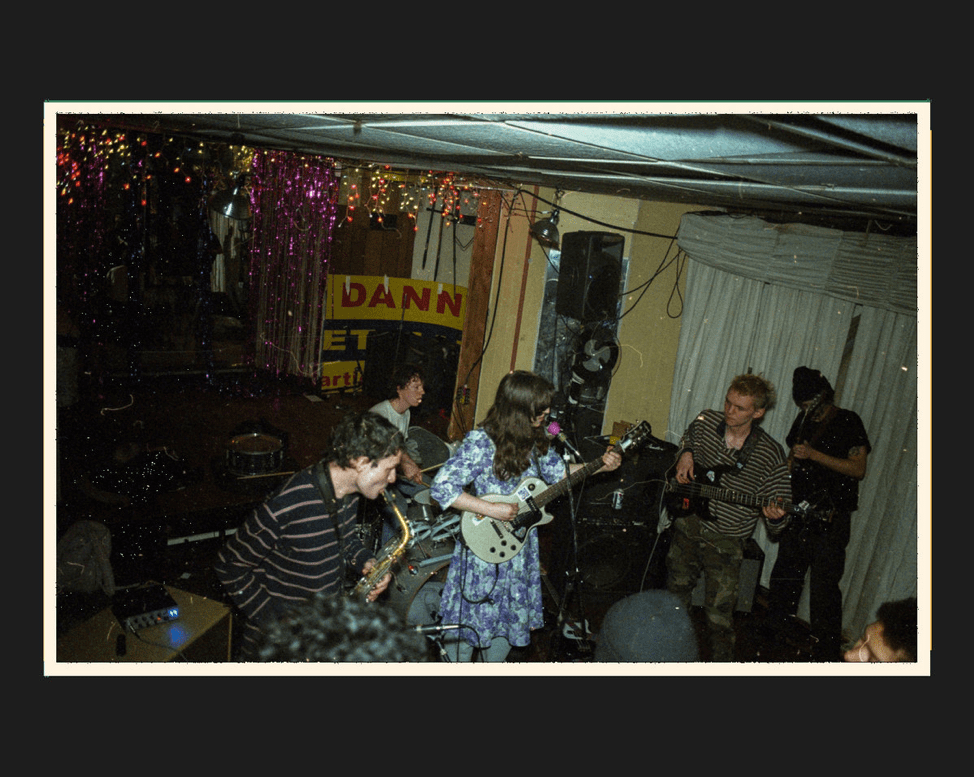
AF: Is there anything in particular that you’re looking forward to?
FM: There’s a new Florry album that is all wrapped up and hopefully will come out at some point this year. Still trying to figure out exactly how it will be released, so I’m glad I was able to get this record out there to fill the gap of time.
I recently started a junkyard rock/post-punk band called Antigone with Tyler Black, Kade Holt (Eat), John Murray (Baby Seals, Ray Gun, Garden of Snakes, and many more), and Raffi Kelly (Moon of Teeth). We had plans for recording a nice long record and that was unfortunately put on hold due to the current state of things, so we put out a brief collection of shoddy demos we took from different shows and practices. We are incredibly excited about this band and can’t wait until it becomes safe to play shows and record our LP.
Follow Florry on Facebook for ongoing updates.

